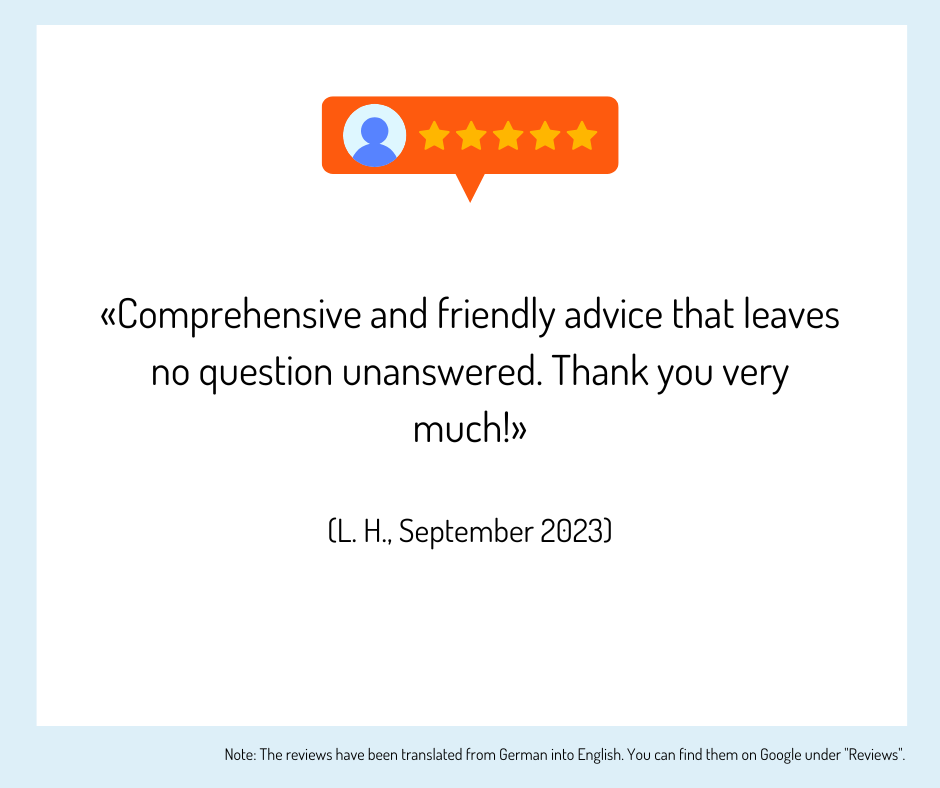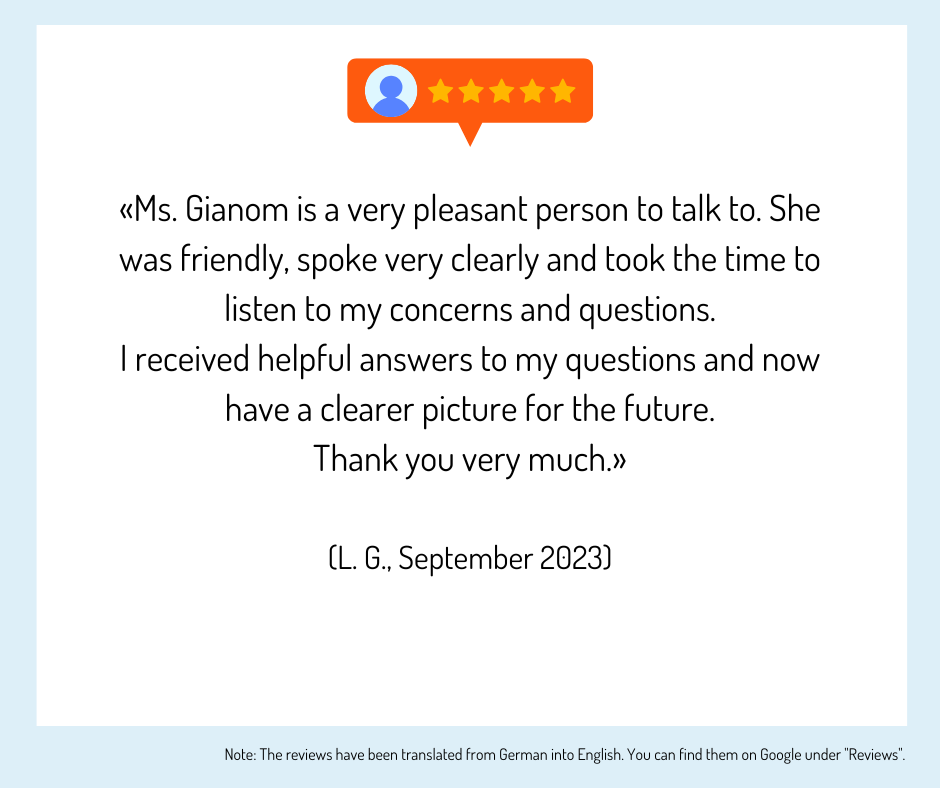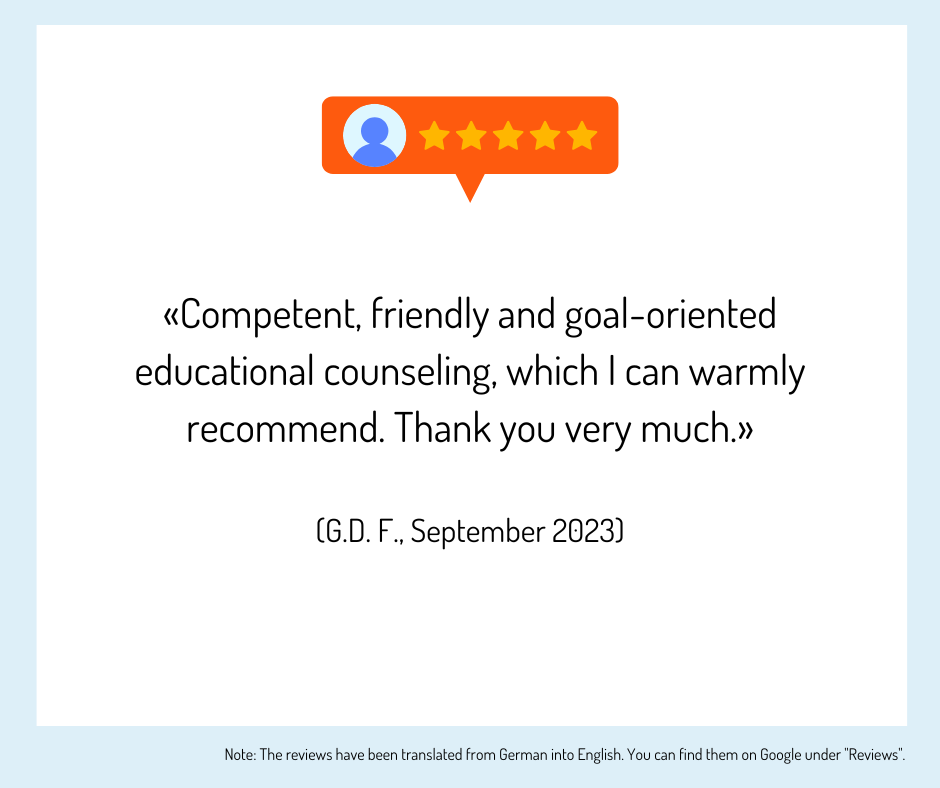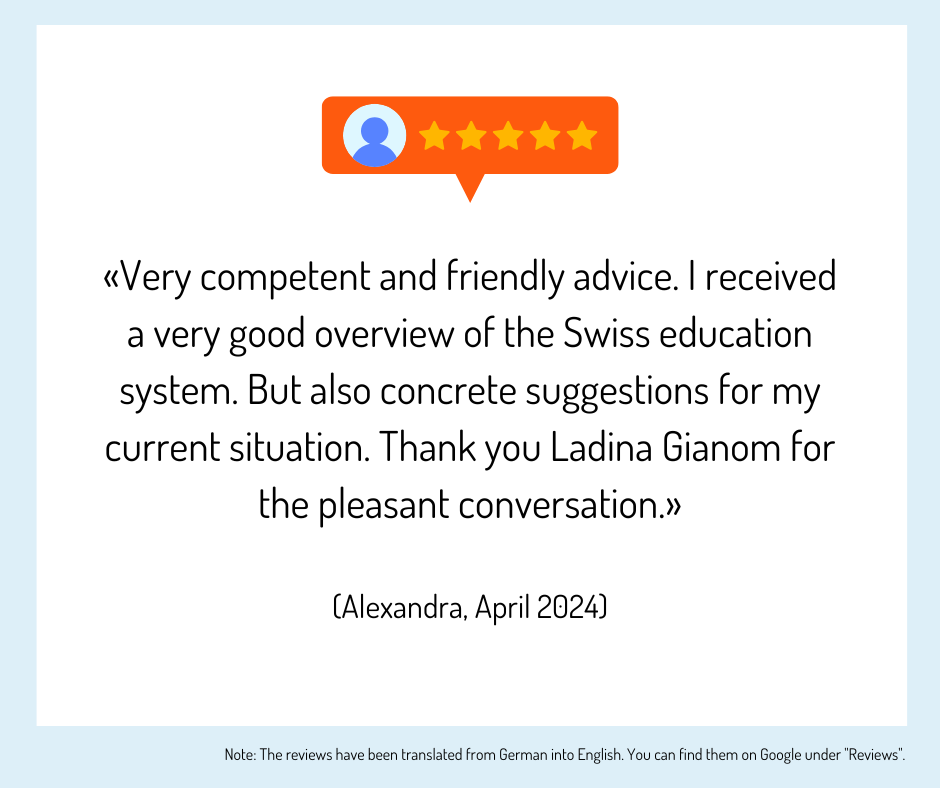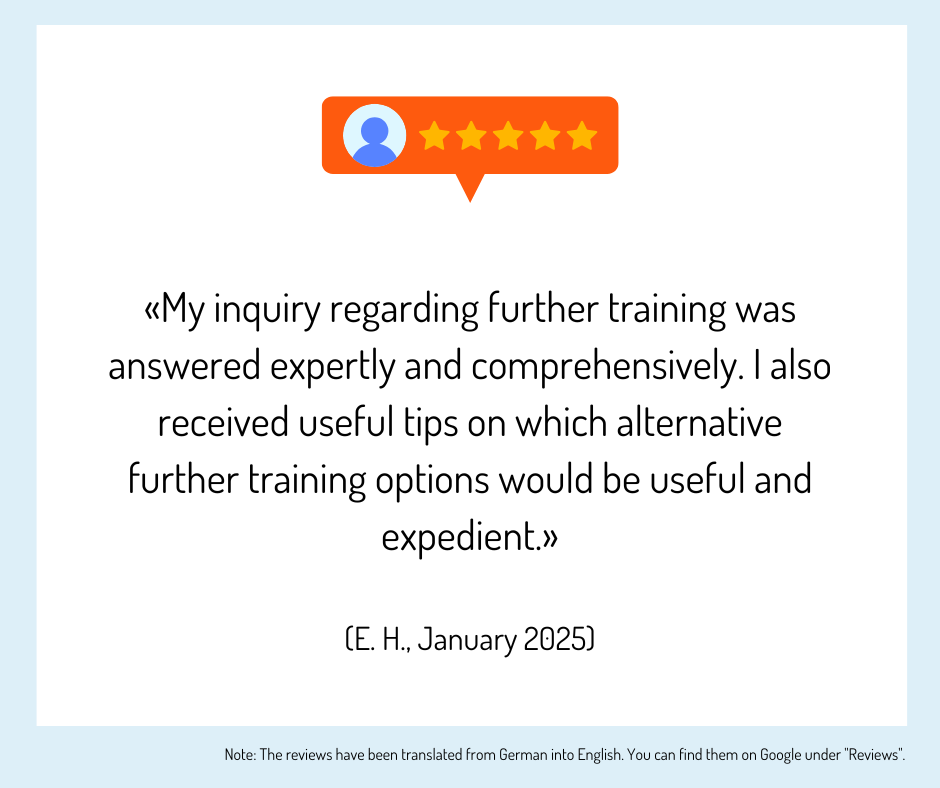Environmental Engineering: Providers, info, questions and answers
Environmental engineering - Nature at the center
Questions and answers
How is the Environmental Engineering course structured?
The degree course in Environmental Engineering comprises 180 ECTS credits, which students collect over the course of their studies. In the first semester, seven compulsory modules are taken in full-time study. For the winter semester 2016/2017, these are: Climatology and Computer Science; Culture and Languages 1 (English 1, Culture, Society, Language 1); Biology 1 (Botany 1, Microbiology), Use of Natural Resources (Use of Natural Resources, Flora and Fauna 1); Natural Sciences 1 (Chemistry 1, Mathematics for Environmental Engineers 1); Earth Sciences (Geology, Soil Science 1); and Nature and Society (Nature and Society 1, Project Week UNR). In the second semester, prospective environmental engineers again attend compulsory modules (Culture and Languages 2; Biology 2; Ecology - with Ecology and Environmental Analysis; Natural Sciences 2; Applied Mathematics and Statistics; Physics 1; Nature and Society 2; and Project Management. In addition, students choose a specialization and attend a foundation module in this specialization. In the third semester, the curriculum again includes basic modules for the respective specialization, as well as a large selection of modules that can be taken individually or as a minor. By attending a large number of modules in a minor, such as species knowledge, field diagnostics and analytics, life cycle assessment and label management, or education and consulting, students determine a further focus and can thus individually design their environmental engineering studies. In the third semester, "Visual Communication" is added as a compulsory module, followed by a term paper in the fourth semester and the compulsory Bachelor's thesis in the sixth semester. For a detailed module overview, please contact the individual Universities of Environmental Engineering directly.
What specializations are currently offered in the Environmental Engineering degree program?
For the fall semester 2016, the following specializations are offered in Environmental Engineering: Organic Agriculture and Horticulture; Environmental Systems and Sustainable Development; Renewable Energy and Eco-Technologies; Urban Ecosystems. Each specialization comprises nine modules, which must be attended and usually begin with a basic specialization module.
How long does the Environmental Engineering Bachelor's degree program take as a part-time course?
A full-time course is expected to take six semesters, i.e. three years of study, to complete a Bachelor's degree in Environmental Engineering. Part-time studies last between eight and twelve semesters, depending on the intensity of the course.
How much time does it take to study environmental engineering?
The full-time Bachelor's degree course in Environmental Engineering is expected to require 30 contact lessons per week as well as individual self-study and exam preparation.
Are the focus areas in the Environmental Engineering degree program identical every year?
It cannot be said with certainty that the specializations of the degree course in Environmental Engineering this semester will be identical to those in three or four semesters. It is possible that individual specializations will be exchanged and replaced by others, perhaps even all of them. It is therefore important to find out at an early stage about the specializations offered by the individual Universities of Applied Sciences (UAS) or Federal Institutes of Technology (FIT) for the semester in question.
Erfahrungen, Bewertungen und Meinungen zur Ausbildung / Weiterbildung
Haven't found the right training or further education yet? Benefit from educational advice now!
Further training is not only important in order to maintain or increase professional attractiveness, investing in training or further training is still the most efficient way to increase the chances of a pay rise.
The Swiss education system offers a wide range of individual training and further education opportunities - depending on your personal level of education, professional experience and educational goals.
Choosing the right educational offer is not easy for many prospective students.
Which training and further education is the right one for my path?
Our education advisory team will guide you through the "education jungle", providing specific input and relevant background information to help you choose the right offer.
Your advantages:
You will receive
- Suggestions for suitable courses, seminars or training programs based on the information you provide in the questionnaire
- An overview of the different levels and types of education
- Information about the Swiss education system
We offer our educational counseling in the following languages on request: French, Italian, English
Register now and concretize your training plans.



